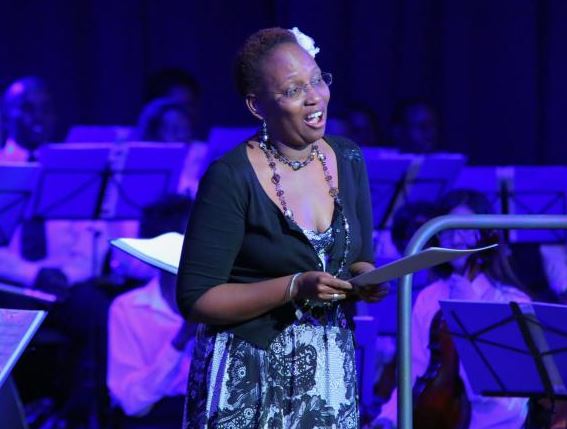×
The Standard e-Paper
Home To Bold Columnists

To visit St John’s Catholic Church in Korogocho, Nairobi, is to be met by a contradiction of sensory experiences - live classical music playing behind 30 acres of garbage whose smell is so pervasive it momentarily disorients you. Plumes of smoke rise from the mountain of garbage that towers over the roof of the church.
The music in the air is a welcome distraction from it, not just for visitors but also for the musicians here.